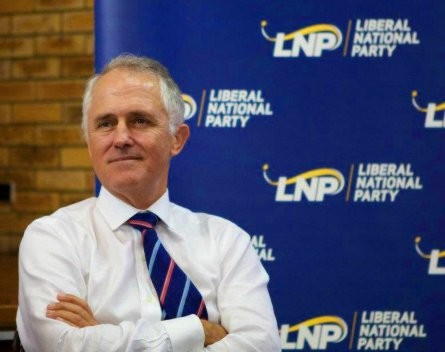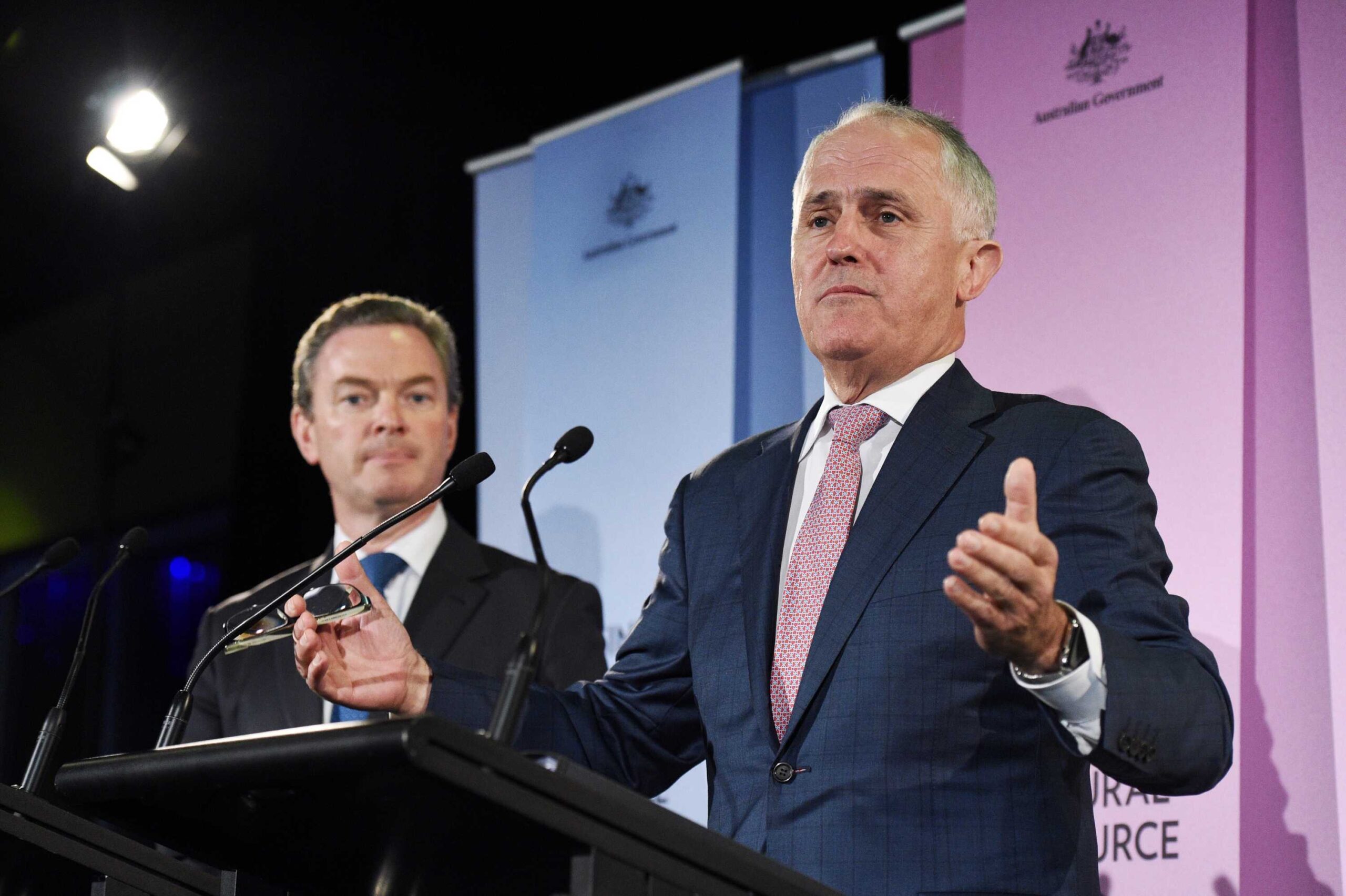Malcolm Turnbull unveils $1 billion innovation statement – StartupSmart

The government’s flagship $1 billion innovation statement has been revealed, focusing on facilitating more private investment in early-stage startups and collaboration between the public sector and private businesses.
Announced by Prime Minister Malcolm Turnbull at the CSIRO headquarters in Canberra on Monday afternoon, the statement includes 24 policies costing $1.1 billion over four years and covering 11 portfolios.
The statement is split into four pillars: culture and capital, collaboration, talent and skills and government as an exemplar.
It places major emphasis on changing culture to embrace change and innovation.
“Our vision is for Australians to be confident, embrace risk, pursue ideas and learn from mistakes, and for investors to back these ideas at an early-stage,” the statement says.
“We believe the measures in the agenda put us on the right track to becoming a leading innovator.
“Every Australian will benefit from an agenda that puts innovation and science at the heart of government.”
Included in the statement are tax breaks for early-stage investors, changes to insolvency laws, a new $200 million co-investment fund and added support for incubators and accelerators.
Unlocking capital
Under new taxation changes, venture capitalists and other investors that have invested in a startup for more than three years will be exempt from the capital gains tax for 10 years and receive a 20% non-refundable tax offset on investments capped at $200,000 per year.
A 10% tax offset for capital invested in Early Stage Venture Capital Limited Partnerships will be introduced and the government will “relax” the same business test that denies tax losses if a company changes it business activities.
Eligible companies must have expenditure of less than $1 million and income less than $200,000 in the previous income year.
The innovation statement also includes a number of measures aimed at reducing risk-aversion in the startup world centred on changes to insolvency laws.
Under changes to bankruptcy laws, investors in a failed venture will only have to wait one year, instead of three, before creating a new startup and a “safe harbour” for directors will be introduced from personal liability for insolvent trading.
“These changes will help to reduce the stigma associated with business failure,” the report says.
The government will be supporting accelerators and incubators with $8 million in funding as part of an expansion of the Entrepreneurs Programme.
CSIRO Innovation Fund
The government will be establishing an early-stage innovation fund of $200 million through the CSIRO to support spin-off startups, with $70 million in government funding.
It will also be putting $10 million towards a $250 million Biomedical Translation Fund to commercialise Australian research.
The innovation statement aims to address the two big failures of the Australian startup sector: collaboration and commercialisation.
It includes a number of measures facilitating greater alignment between public sector research and private businesses, changes to the criteria of research grants and an examination of research and development tax incentives.
Data61, formerly NICTA, will be getting $75 million in funding back after it was stripped by the Abbott government, leading it to merge with the CSIRO.
The 457 visa system will be reformed in an attempt to lure international talent to the country and entice exchange students to stay in Australia after graduating.
A new Entrepreneurs Visa will also be introduced, with third party backing required for international innovators.
As part of a $36 million Global Innovation Strategy, “launching pads” will be established in Silicon Valley, Tel Aviv and three other startup hubs to assist entrepreneurs with international expansion.
Changes will be made to the government procurement process to help level the playing field for startups and small businesses.
This will include a series of “challenges” with winners receiving grants of up to $100,000 to test the ideas and then access to a further $1 million in funding.
A “digital marketplace” for procurement will also be established to give access to “services from government agencies to procure solutions from startups”.
STEM education
The government will try to foster the next generation of entrepreneurs and startup founders through encouraging the study of science, technology, engineering and mathematics in high schools and university.
About $48 million will be invested over five years to “inspire the next generation” of entrepreneurs, and the Prime Minister’s Prize for Science will be expanded to include all of STEM.
It will also be contributing $51 million over five years to help Australian students to “embrace the digital age and better prepare for the jobs of the future”.
It will be contributing $13 million to encourage more women to complete STEM education with the aim of improving diversity in tech and startups and create a Male Champions of Change initiative.
“We will make innovation central to all our major policies going forward,” the statement says.
“Part of being a government committed to innovation is to lead by example and respond to changing circumstances.”
Do you know more on this story or have a tip of your own? Raising capital or launching a startup? Let us know. Follow StartupSmart on Facebook, Twitter, and LinkedIn.

